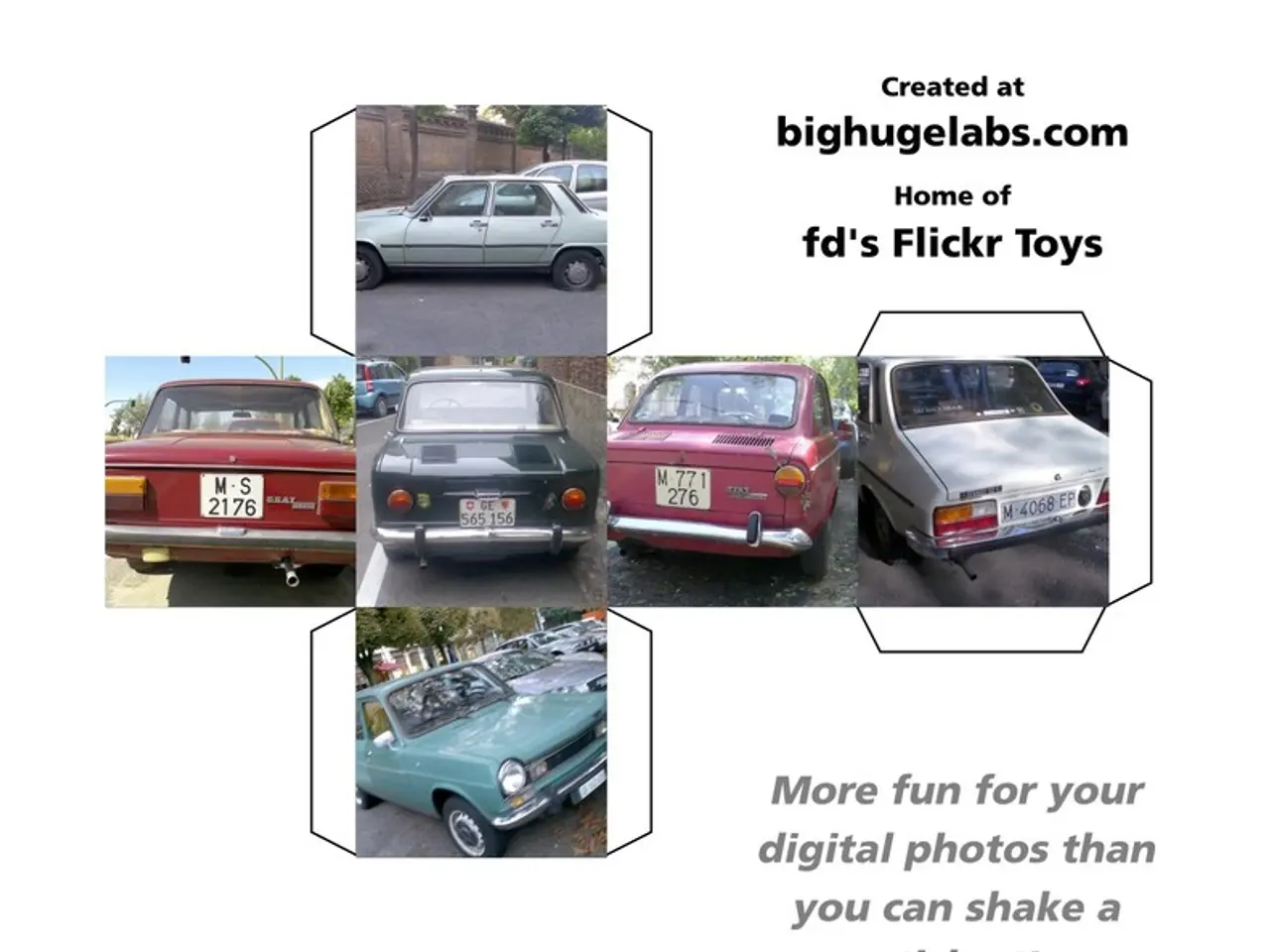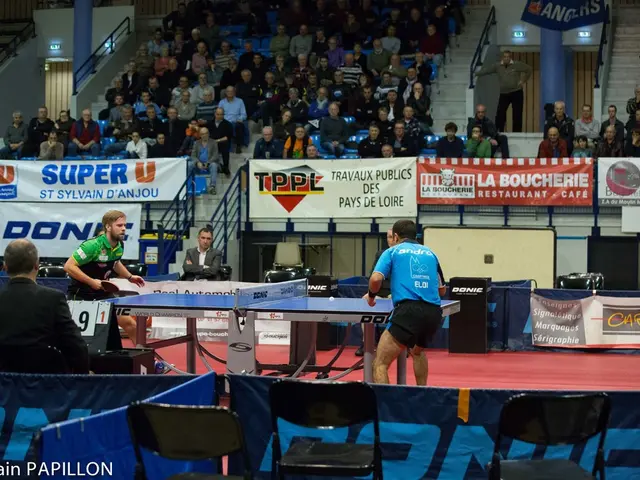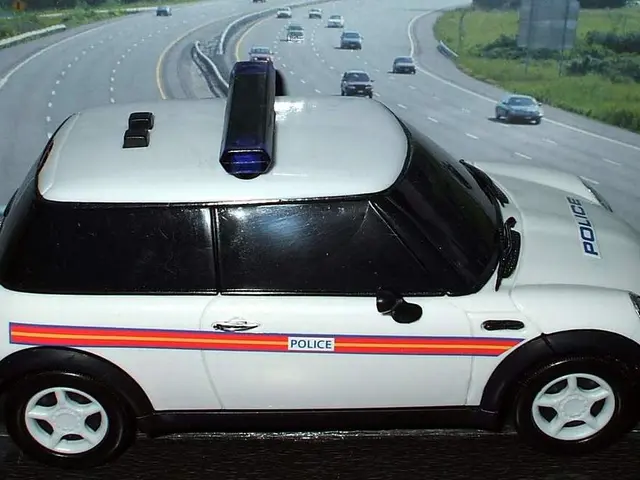Vendor ZF Managing Cost Reductions, Yet Falls Short of Desired Savings
ZF Friedrichshafen, a leading automotive supplier, finds itself in a challenging position, with net debt nearing 10.5 billion euros at the end of June. The company is currently below plan in terms of sales due to drastically reduced orders from manufacturers this year.
The company's drives division, Division E, is particularly facing a difficult situation. Competition issues, delayed e-mobility rollout, high costs, and low margins in traditional transmission business are some of the challenges Division E is grappling with.
CEO Holger Klein has suggested partnerships as a potential solution for Division E, citing cost and risk sharing for new product development and potential job security. However, a restructuring without a partner is also an option, but would require stronger measures to increase profitability.
The financial struggles have resulted in a loss of 195 million euros for ZF in the first half of the year. The debt mainly originates from the acquisition of the automotive supplier TRW and the brake specialist Wabco.
Klein has acknowledged that the company has not yet reached its self-imposed savings targets of 6 billion euros for the years 2024 and 2025. He has also called for a review of EU rules for the automotive industry.
The works council previously opposed the planned cuts at ZF, specifically the spin-off or sale of Division E. The chairman of the general works council, Achim Dietrich, previously expressed concerns that such a move could be detrimental to the company.
The current savings achieved by ZF Friedrichshafen amount to around 5.8 billion euros. The discussion on the realignment of Division E at ZF Friedrichshafen currently involves joint efforts aimed at sustainable and future-oriented restructuring, but specific parties involved and any new target sum for cost savings by 2025 are not detailed in the available sources.
If the ban on internal combustion engines in the EU is maintained in 2035, it could have immediate effects on employment due to the lack of clarity about the development of the next generation of transmissions for hybrid drives. Klein does not believe that 2026 will be better.
Despite the challenges, ZF offers not only transmissions but also steering systems, drives, brakes, safety technology, and chassis components. The talks between management and works council are expected to be completed by the end of September.
Klein believes that partnerships could lead to further growth potential and a positive impact on jobs in Germany. The company is currently undergoing job cuts in Germany. The loss is due to low worldwide vehicle production and missing orders from manufacturers.
ZF's future remains uncertain, but the company is actively seeking solutions to navigate these challenging times and secure a sustainable future.
Read also:
- Stopping Osteoporosis Treatment: Timeline Considerations
- Tobacco industry's suggested changes on a legislative modification are disregarded by health journalists
- Trump's Policies: Tariffs, AI, Surveillance, and Possible Martial Law
- Expanded Community Health Involvement by CK Birla Hospitals, Jaipur, Maintained Through Consistent Outreach Programs Across Rajasthan








